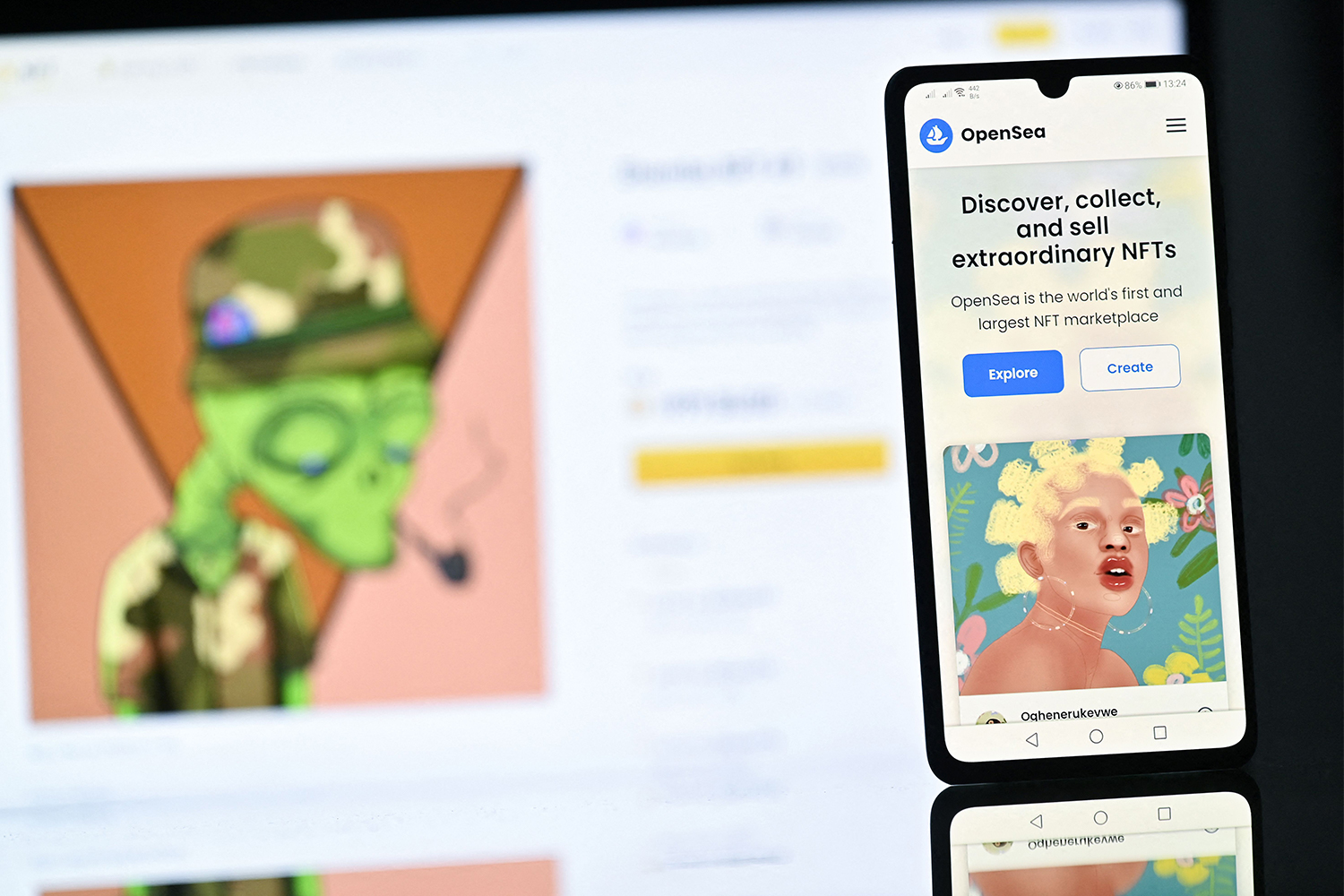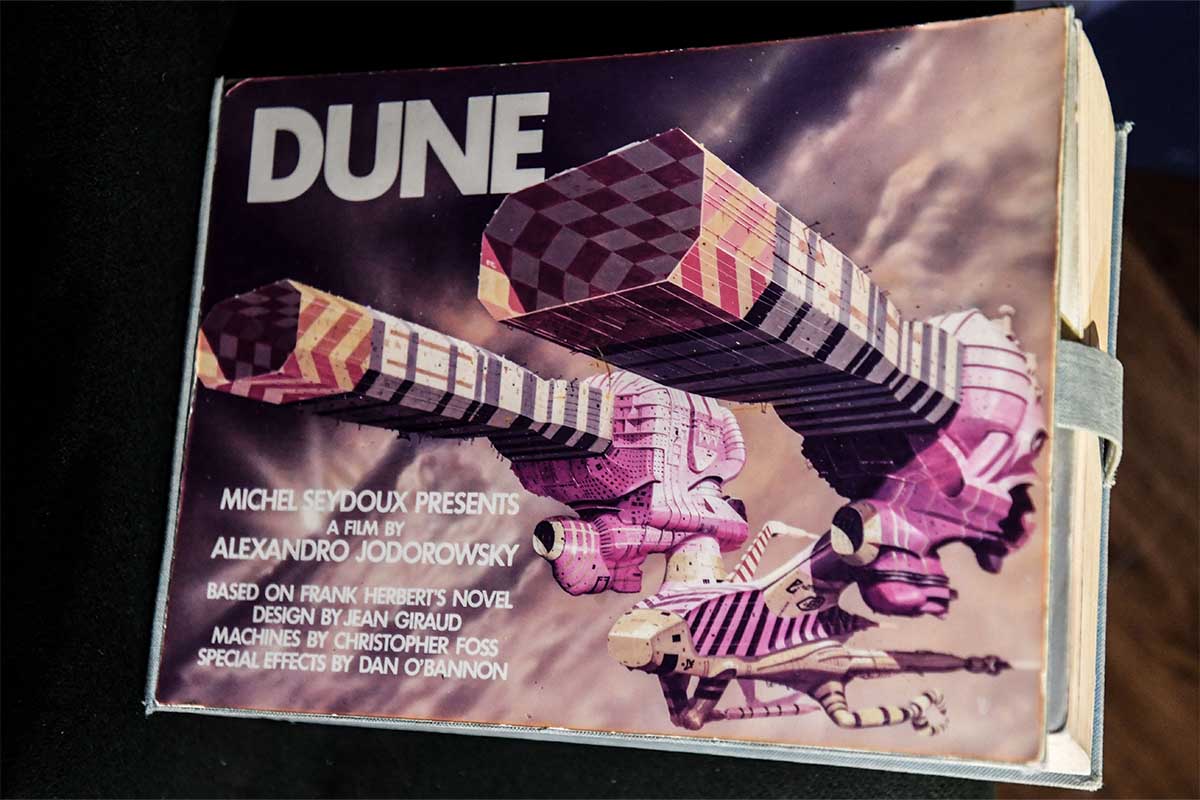The NFT craze has seen many celebrities investing in the trend of late, but on Tuesday night, many musicians were surprised to learn that a site called HitPiece was auctioning off their work as NFTs without their permission.
Naturally, the revelation caused an uproar and plenty of threats to sue, as artists like Eve 6, Deerhoof, Speedy Ortiz, Bleachers and even comedian Patton Oswalt tweeted out their frustration. Before it was shut down, the site listed songs by everyone from The Beatles to BTS and Taylor Swift, complete with album artwork, as being available for auction; HitPiece co-founder Rory Felton confirmed that the site was built using Spotify’s application programming interface (API).
But of course, you don’t need to be an expert in copyright law to understand that you can’t just rip a bunch of songs and metadata from Spotify and sell them as NFTs without permission, and the site was removed late Tuesday night after a slew of complaints and threats of legal action from artists and record labels. Eventually, they posted an apology to Twitter, insisting that artists would be paid when their NFTs are sold on the site. (Of course, that ignores the fact that they were listed for sale without their knowledge or permission in the first place.)
There’s speculation that the whole thing was a publicity stunt to get the attention of potential investors while the site is still in beta. Felton has said that HitPiece has already received $5 million in funding, and on Wednesday afternoon the site went back up — albeit only with one sentence of placeholder text, “We started the conversation and we’re listening.”
But what exactly is an NFT version of a song? Felton and his team aren’t selling actual audio recordings, of course. (If they were, they’d be in a world of legal trouble.) He describes them as “trading cards for songs,” or essentially a receipt confirming the purchase of the general idea of a particular song. “You start to collect your favorite songs and build your ‘HitList,’” he said. “And the idea is you get to show off to your friends or people around the world that you own the greatest HitList you can create of all your favorite songs.”
This is all, it must be said, extremely dumb. Why anyone would spend hundreds, thousands or even millions of dollars — as some of the starting bids on HitPiece were listed at before the site was shut down — to own a “trading card for a song” when they could just use that money to buy actual music directly from their favorite artists remains a total mystery. And of course, just because they aren’t selling the actual songs, it doesn’t mean what they’re doing isn’t still highly illegal. As Alex Rudenshiold, guitarist for metal band Infant Island and a graduate student studying internet culture at the University of Virginia, recently pointed out to Rolling Stone, the site is still attempting to profit off of someone else’s intellectual property without permission.
“It’s still copyright infringement,” Rudenshiold said. “It’s re-commodifying the metadata (art, song and album titles, etc.) to make money without permission.”
We’ll have wait and see exactly what sort of legal action ensues here, but it seems almost inevitable that HitPiece and Felton find themselves on the receiving end of a whole bunch of lawsuits in the near future.
Thanks for reading InsideHook. Sign up for our daily newsletter and be in the know.

















